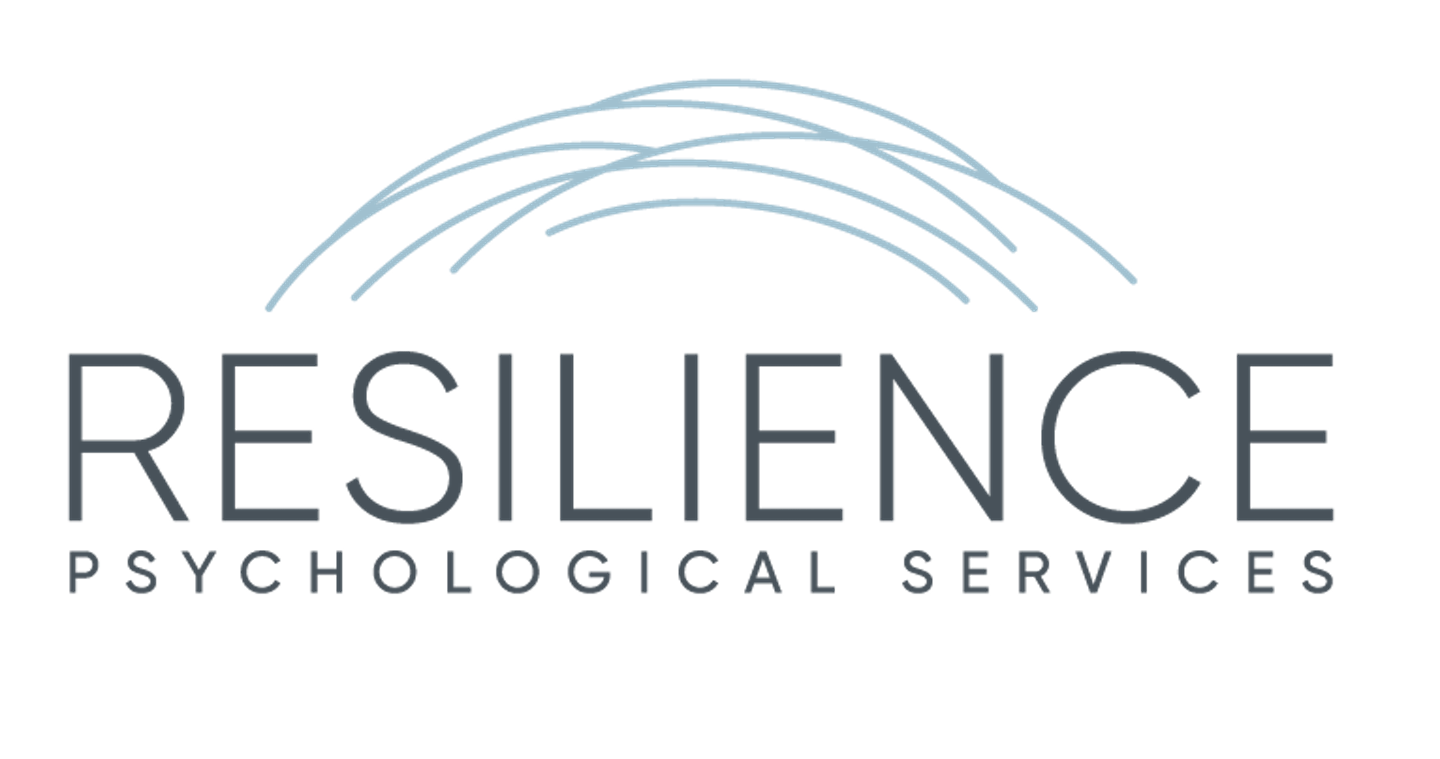Anticapitalism
Capitalism is an economic system where individuals or businesses own and operate the means of production to make a profit. In this system, prices and production are determined by supply and demand in a competitive marketplace, with little government control. It is characterized by income inequality and exploitation of workers, as the focus on profit overshadows social well-being. Overall, capitalism significantly impacts how wealth and resources are distributed in society.
Capitalism is often considered inherently exploitative for several reasons:
Profit Motive: At its core, capitalism prioritizes profit maximization over social welfare. Businesses seek to minimize costs, which can lead to underpayment of workers, poor working conditions, and the exploitation of labor. This drive for profit often results in companies prioritizing shareholder interests over the needs and rights of employees.
Class Divide: Capitalism tends to create a class divide between those who own the means of production (capitalists or employers) and those who sell their labor (workers). This division often leads to an imbalance of power, where the capitalist class can impose unfavorable working conditions and wages on workers who have limited alternatives for employment.
Surplus Value: Workers produce more value through their labor than they receive in wages. This surplus value is appropriated by capitalists as profit, leading to an exploitation of labor, where workers do not receive the full value of their contributions.
Competition and Inequality: In a capitalist system, competition drives businesses to cut costs, often at the expense of workers' rights and welfare. This competition can lead to significant income and wealth inequality, as those with capital accumulate more wealth while low-wage workers struggle to meet basic needs.
Consumerism and Resource Exploitation: Capitalism encourages a culture of consumerism, where constant growth and consumption are deemed essential. This pursuit of profit can result in the over-extraction of natural resources, environmental degradation, and exploitation of communities in resource-rich areas.
Vulnerability of Workers: The need for employment often places workers in precarious positions, where they may feel compelled to accept poor working conditions, low wages, or exploitative practices out of fear of losing their jobs. This vulnerability is exacerbated in marginalized communities, where economic opportunities are limited.
Capitalism is inherently exploitative because it prioritizes profit over people, creating systems that favor wealth accumulation for a few while perpetuating economic inequality and worker exploitation. This dynamic raises ethical concerns about justice, equity, and the treatment of individuals within the system.
Capitalism and Mental Health
Capitalism often creates environments where individuals are valued based on their productivity, success, or economic worth. This can lead to:
Burnout from the constant pressure to work harder and produce more.
Anxiety about financial insecurity or meeting basic needs.
Depression resulting from isolation, lack of purpose, or feelings of inadequacy.
Shame and guilt for struggling within a system that promotes the idea that personal success is entirely self-determined, ignoring the role of systemic barriers.
Disconnection from others due to competitive environments that prioritize individual success over community well-being.
Anticapitalist Therapy
Anticapitalist therapy is an approach that acknowledges the harmful impacts of capitalism on mental health and well-being. Living in a system where profit and productivity are prioritized over human needs can exacerbate stress, anxiety, burnout, and feelings of disconnection. Anticapitalist therapy seeks to provide an alternative framework—one that challenges the values of capitalism and creates space for clients to explore how systemic inequalities, exploitation, and economic pressures affect their mental health.
Rather than focusing solely on individual solutions to personal struggles, anticapitalist therapy recognizes the broader societal and structural causes of distress. It invites a collective reimagining of healing, centering on community, cooperation, and resistance to oppressive systems.
Anticapitalist therapy recognizes that many mental health challenges are not just personal but systemic. Issues such as work-related stress, poverty, housing insecurity, and healthcare access are deeply intertwined with the structures of capitalism. This therapeutic approach:
Acknowledges the ways in which capitalism perpetuates inequality, exploitation, and burnout.
Validates feelings of frustration, anger, and disillusionment with economic and social systems.
Explores how systemic oppression related to class, race, gender, and disability impacts emotional well-being.
Emphasizes collective healing, solidarity, and community-based approaches to mental health.
Therapists using this approach believe in creating a space where your mental health challenges are understood within the broader social, economic, and political context. Together, we can explore how to prioritize your well-being over the demands of a system that prioritizes profit over people. We support you in building a path toward healing that is rooted in collective care, solidarity, and resistance to the values of capitalism.
How We Can Help
At Resilience, our therapists offer an anticapitalist approach that invites you to explore how capitalism’s values and pressures are impacting your mental health. Through this approach, you’ll gain tools to:
Challenge internalized capitalist values like overwork, productivity as self-worth, and competition.
Explore alternative values that center rest, collective care, and mutual support.
Reclaim your time and energy, learning to resist burnout and prioritize well-being over productivity.
Foster community-based healing, focusing on relationships, solidarity, and social justice.
By naming the external systems that contribute to your distress, we help you reframe your struggles, recognizing that they are not simply personal failings, but rooted in the structures of capitalism.
You May Be Experiencing
A desire to resist capitalist values but feeling unsure where to start
Anxiety about job insecurity or socioeconomic pressures
Burnout from work or financial stress
Feelings of worthlessness tied to productivity or income
Frustration with systemic oppression and socioeconomic inequity
Isolation or disconnection from others in a competitive environment
What to Expect
In anticapitalist therapy, we’ll work together to:
Understand how capitalism impacts your mental health and how economic and social structures contribute to your emotional struggles.
Explore new frameworks for meaning and self-worth that are not tied to productivity, achievement, or wealth.
Support boundary-setting around work, rest, and personal time to combat burnout.
Build resilience and agency in resisting the pressures of capitalism.
Discuss activism and collective resistance, if this is something you are drawn to, and how it might fit into your healing process.
Tired of therapy that doesn’t acknowledge the insidious nature of late-stage capitalism? Look no further. We invite you to contact us for a free consultation.















